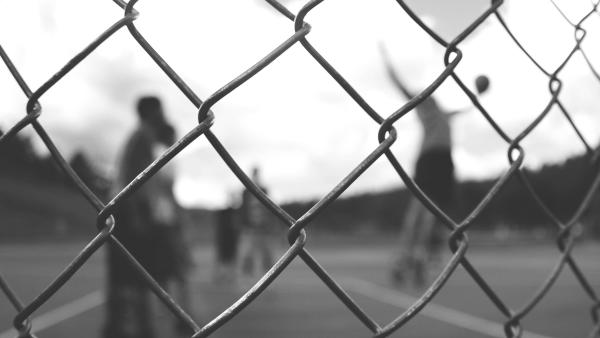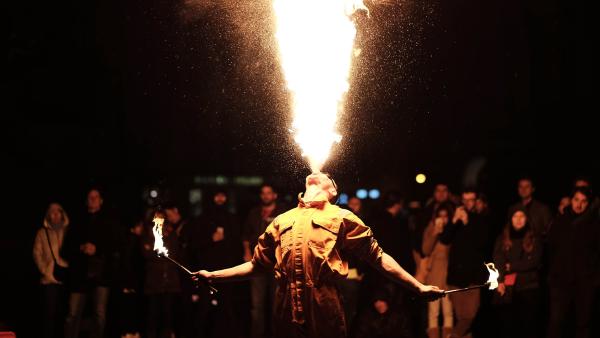For some veterans, coming home from war can often be a struggle. In his book "Tribe," journalist Sebastian Junger offers a nuanced and thought provoking take on why it’s so difficult and complicated for some returning veterans.
Culture
During basketball camp in Fargo, North Dakota, cultural critic Chuck Klosterman made an enemy — for life. And maybe that was a bad idea.
TTBOOK producer Charles Monroe-Kane is a great storyteller who's led an adventurous life. Here's a wild story from his memoir "Lithium Jesus" about smuggling mob money when he lived in Prague in the 1990s.
Talking about diversity is not always easy, but poet and writer Sofia Samatar believes it's crucial. She believes institutions should focus less on meeting quotas, and instead foster open and nuanced conversations about difference.
Anthropologist Nina Jablonski believes we could reduce implicit bias in the future by teaching children about the evolutionary origins of humans and why we look different.
Free speech advocate Greg Lukianoff believes universities are coddling students in the name of emotional well-being, with damaging effects to students' mental health.
Robin Rinaldi was mid-life, mid-career and mid-marriage when she placed that ad. It launched her wild oats project – a year spent exploring sex.
Can shame also be used for public good? There’s a judge in Texas who’s famous for his creative – and controversial – shame-based sentences. To hear how they work, let’s go back to Thanksgiving evening, 1996. Houston, Texas.








